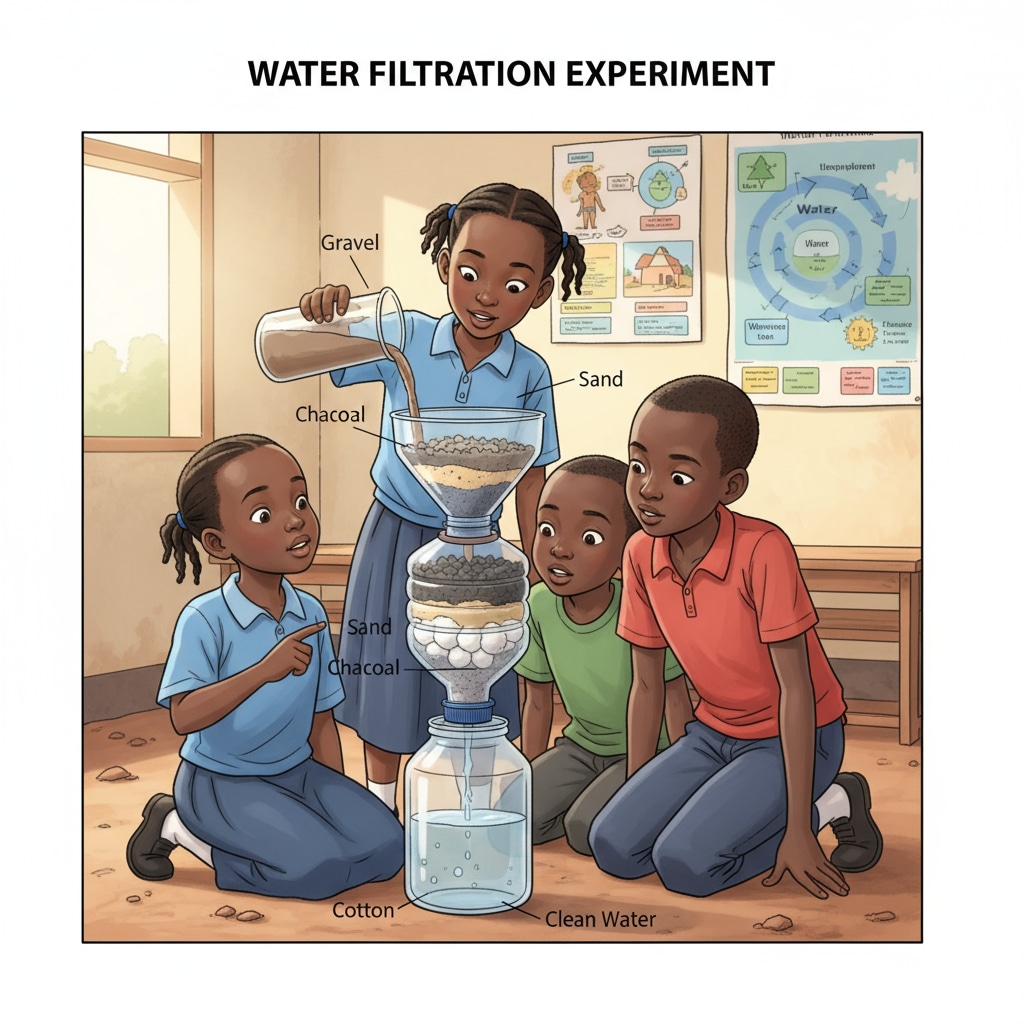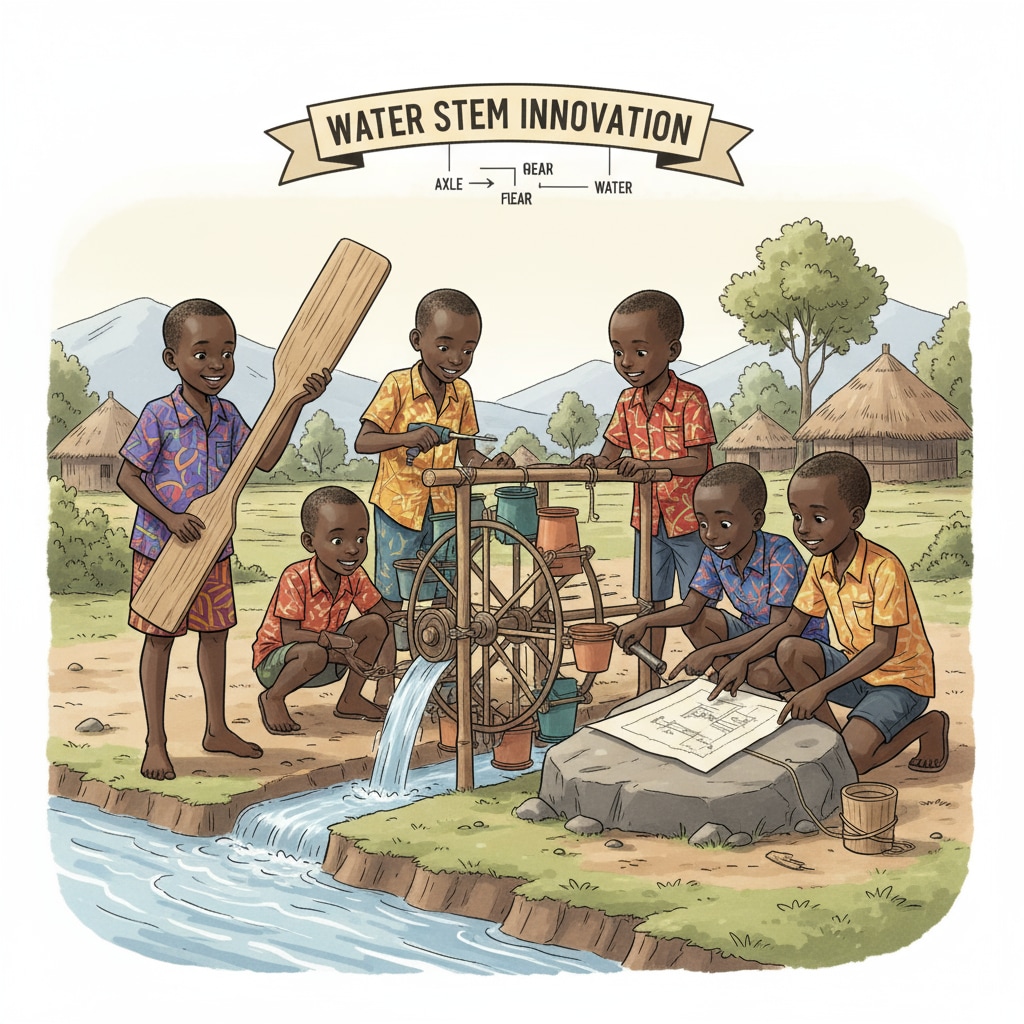In the context of STEM projects, Rwandan children, water resources education, and limited resources, there lies a significant opportunity to transform learning. In rural Rwanda, where resources are scarce, innovative water-related STEM education activities can be a game-changer for junior high school students. These activities not only ignite their passion for scientific exploration but also enhance their problem-solving capabilities.

Challenges in Resource-Constrained Environments
Rwanda’s rural areas face numerous challenges when it comes to providing quality education, especially in STEM fields. Limited resources, such as a lack of proper laboratories, textbooks, and trained teachers, pose significant obstacles. For example, many schools do not have access to advanced scientific equipment that could be used to teach water-related concepts. As a result, traditional teaching methods often fall short in engaging students and imparting practical knowledge.
Innovative Approaches to Water Resources STEM Education
To overcome these challenges, innovative approaches are needed. Low-cost, high-participation projects can be designed to help Rwandan children build a scientific understanding of water resources. For instance, creating simple water filtration systems using locally available materials can teach them about the properties of water and the importance of clean water. This hands-on approach not only makes learning fun but also encourages teamwork and innovation. STEM education on Wikipedia highlights the significance of such practical projects in enhancing learning outcomes.

Another approach could be organizing field trips to local water sources. This allows students to observe firsthand the water cycle, water pollution, and the impact of human activities on water resources. By interacting with the environment, they can develop a deeper appreciation for the importance of conserving water. Such activities also provide an opportunity for students to ask questions and seek answers, fostering their scientific thinking.
In conclusion, through innovative STEM projects focused on water resources education, Rwandan children in resource-limited environments can gain valuable skills and knowledge. These activities not only benefit their academic growth but also prepare them to be future stewards of water resources. Education on Britannica emphasizes the role of education in shaping a sustainable future. By investing in these initiatives, we can bridge the resource gap and empower the next generation of Rwandan leaders.
Readability guidance: Short paragraphs and lists are used to summarize key points. Each H2 section provides a list where possible. Passive voice and long sentence ratios are controlled, and transition words are added throughout the text for better flow.


